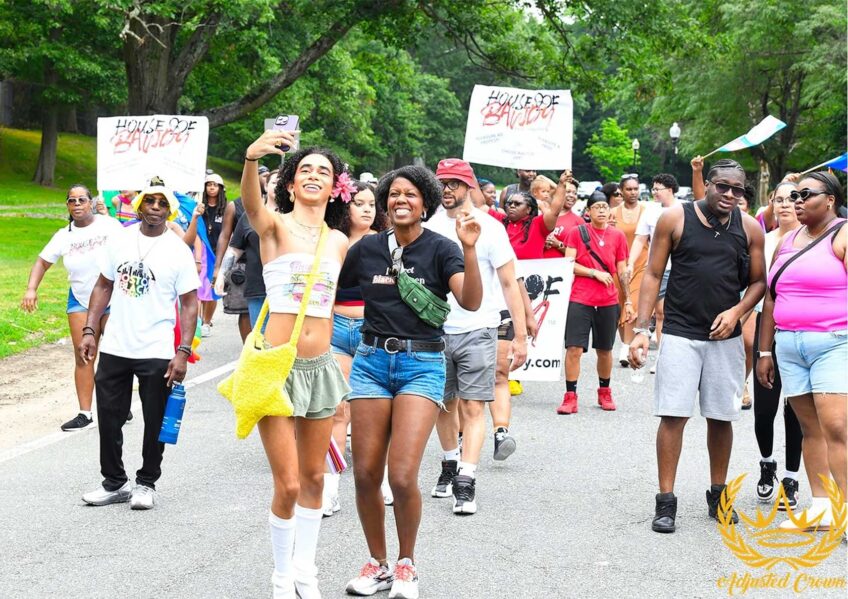BOULDER, Colo. — Adam Bradley was a freshman in college and taking an African American literature course when he first read “Invisible Man,” a novel that vivified America’s racial divide.
The book changed his life.
Ralph Ellison’s classic novel helped Bradley explore the complexity of his own bi-racial identity. It also shaped the direction of his career, as Bradley became a writer and scholar — spending 15 years conducting the literary detective work needed to bring Ellison’s second novel to fruition.
Ellison’s incomplete, posthumous piece “Three days before the shooting … The unfinished second novel” went on sale last week.
Bradley, a University of Colorado associate professor, is one of two editors who made the book’s release possible. In the book, a racist, “white” U.S. senator is assassinated by a black man who, it turns out, is the senator’s son. The senator’s surrogate father, who is black, tries in vain to save the senator.
“I’m feeling this tremendous degree of excitement at the prospect of sharing this book with Ellison’s readers,” Bradley said.
Bradley said he’s received e-mails from people who read “Invisible Man” in the 1950s and have since been waiting for a second book from Ellison. “It’s an important day for American literature,” Bradley said.
He said that because the novel is incomplete, it prompts readers to become co-creators of the fiction.
“It’s a natural response when presented with an incomplete story to complete the story yourselves,” Bradley said. “At the same time, it presents another opportunity to come to terms with indeterminacy.”
Later this year, Bradley will teach a CU graduate seminar on Ellison and Yale University Press will publish “Ralph Ellison in Progress,” his critical exploration of Ellison’s fiction.
Ellison died in 1994, leaving behind 27 boxes of manuscript for his second novel that included handwritten notes, typewritten pages and 460-some computer files.
Just two months before his death, Ellison told The New Yorker Magazine that he was working on the second novel and that “there will be something very soon.”
As an undergraduate at Lewis and Clark College in Portland, Ore., Bradley became intrigued with Ellison, whose father died when he was a child. A character in “Invisible Man” tells the protagonist: “Be your own father, young man.” The rich theme of father-son relationships struck Bradley, who was raised by his white mother and met his black father for the first time in his 20s.
“Ellison was a clarifying voice for me during that part of my life,” Bradley said.
His professor at Lewis and Clark, John Callahan, happened to be a friend of Ellison and executor of Ellison’s estate. Callahan, impressed with Bradley, asked him to co-edit the second novel.
At age 19, Bradley began cataloguing Ellison’s writings. He earned his Ph.D. in English and American literature and language from Harvard University before fully devoting himself to the project.
In 1999, Callahan released a small portion of Ellison’s second novel in a work titled “Juneteenth.”
The release of “Three Days before the Shooting …” will give readers their first view of the most complete and cohesive version of Ellison’s magnum opus.
The Daily Camera






